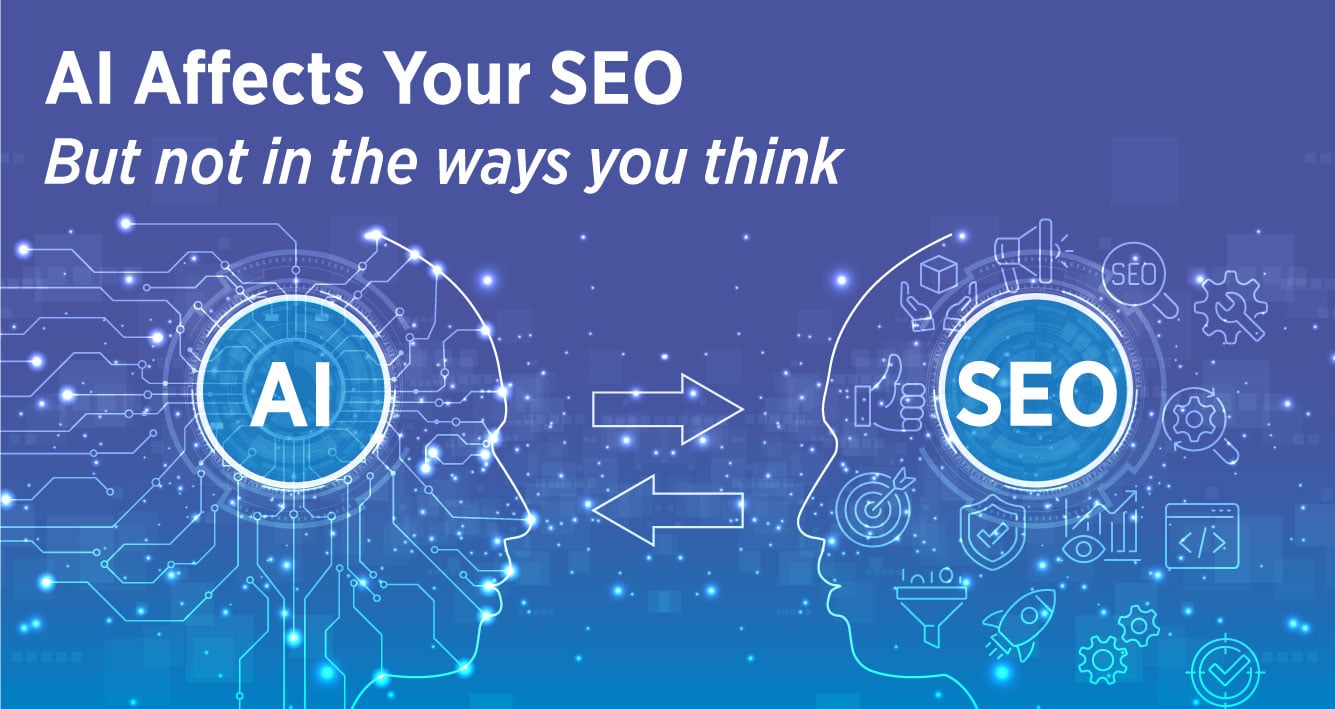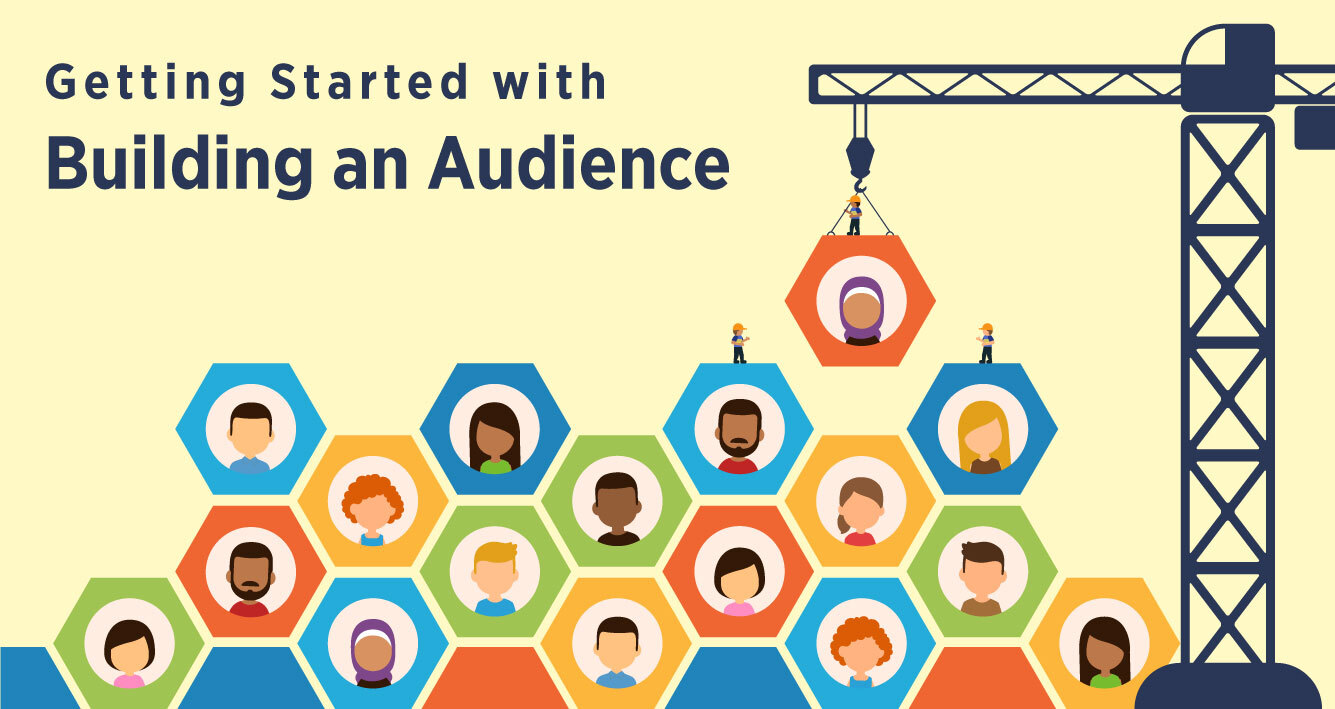Is AI affecting my SEO? One among a legion of questions surfacing since generative AI went mainstream. But it’s one we’re fielding a lot, so let’s get into it.
First, the basics. SEO, or search engine optimization, is how you optimize your website content to up the odds that search engines like Google will rank your webpages high on their results pages. The goal is to appear as the top result for relevant search queries. You’re likely more than familiar with the concept.
You may also know that search engines have been utilizing AI for years. It’s what helps them understand the meaning and intent of a search query – a function known as semantic search, which uses machine learning and natural language processing to help Google and other search tools understand what users are searching for.
So, it’s not AI, per se, that’s got marketers worried. It’s generative AI.
Opportunities to Meet the Intead Team
- American Marketing Assn Higher Ed, Las Vegas, NV, Nov. 10-13, 2024
- PIE Live North America, Boston, MA, Nov. 19-20, 2024
- AIRC, Seattle-Bellevue, Washington, Dec. 4-7 -- including our pre-conference global marketing workshop. A full day of Intead global intel (lunch included ; -). Details here.
Bookmark this: Intead’s Resource Center
Access 800+ articles, slides decks, reports with relevant content on any topic important to enrollment management and student recruiting. Check it out.
There’s a concern circulating that ChatGPT will become people’s first-stop search engine. Or that when people use Google, its Gemini content will usurp any hard-won top-ranking SEO results.
We’ll put it this way: Do not worry. Do, however, get informed on how to use generative AI to boost your SEO. Really.
Our recommendation: share this post with your Search Engine Optimization team and get around a table and talk it through. Below, we suggest some helpful discussion prompts to get the conversation going.
Read on…
Read More


